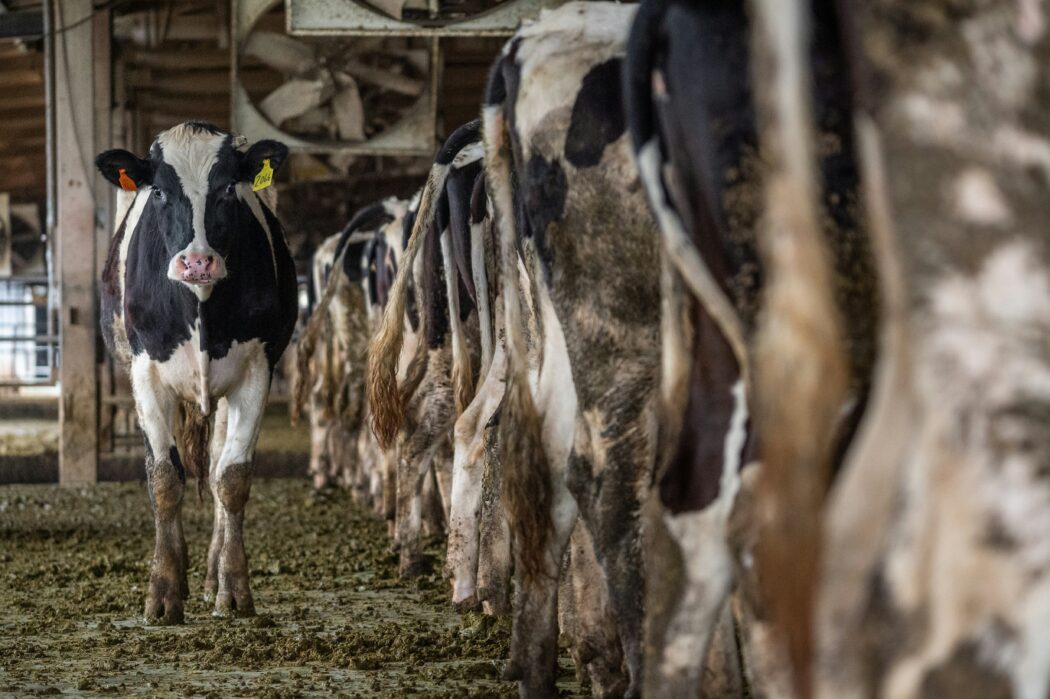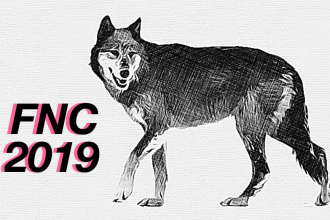Veganism, vegetarianism, and their numerous derivatives have swept college campuses all over the world. Students tend to make this lifestyle choice due to concerns surrounding their health, animal rights, religious beliefs, or the impending climate crisis, and for the most part, this lifestyle change has been positive.
I myself became a vegetarian in order to pull my weight in the fight against climate change, and there is no doubt in my mind that not supporting animal product industries, especially meat companies, tends to be better for the environment. Many corporations that produce animal products cause tremendous suffering and waste. Major grocery stores and fast food companies depend on corporations like Tyson, JBS, and Smithfield, which control most meat production, to regularly stock their shelves. These companies have maximized their profits by relying on factory farming, which is now the second largest greenhouse gas producer, as well as unsustainable practices such as deforestation and inhumane treatment of workers.
Although there are good intentions behind these judgements, we must remember that the ability to choose a diet is a privilege, one that many do not have access to.
These facts have roused many to action, yet they have also brought about an emerging culture of vilifying animal products and those who consume them. Although there are good intentions behind these judgements, we must remember that the ability to choose a diet is a privilege, one that many do not have access to.
The average diet that includes meat tends to cover the essential nutrients we need exceptionally well, even though it may be higher in saturated fat. The vegan or vegetarian diet can cover these essential nutrients, but planning and additional supplements are required. An active person requires about 1 g to 1.8 g of protein per kilogram of body weight; therefore, a 140 lb person requires about 70-120 grams of protein in a day. For a meat eater, eating one chicken breast for lunch and one for dinner along with vegetables or grains as sides pretty much covers this protein intake. Vegans could eat this amount of protein with 300 grams of seitan, one of the most concentrated vegan protein sources, split between breakfast, lunch, and dinner — which is twice as expensive per unit as chicken breasts at Metro. Vegans could also eat several cans of beans or several cups of lentils, which tends to be unrealistic, due to the sheer volume needed. Thus, many vegans and vegetarians pay more to achieve their necessary protein intake, often relying on protein powder or protein bars in addition to their plant-based meals.
Additionally, certain nutrients are often lacking in specifically vegan diets. Heme iron, vitamin B12, and vitamin D3 are commonly found in animal products and help the body function properly. While this is not a major problem for vegans since supplements exist to replenish the body, these vitamins quickly become expensive, contributing to the cost barrier of vegan or vegetarian diets. Thus, being a vegan or vegetarian and ensuring proper nutrition can be costly, in more ways than one.
There is a sizable time cost associated with living a plant-based lifestyle, especially for vegans, since they typically have to prepare and plan their meals for the day ahead. Of course, there are strategic ways of doing this, but typically one cannot quickly buy a nutritious vegan meal for cheap. Additionally, pre-made vegan meals tend to be significantly more expensive than non-vegan meals, especially considering most fast food, which has the best value and tends to capitalize on meat. However, organizations such as McGill’s Midnight Kitchen are working to make veganism much more accessible in this aspect, since the team cooks free, nutritious vegan meals for students every Thursday and on certain Wednesdays. These efforts lower the cost and time barriers associated with veganism especially well.
Vilifying animal products or creating negative stigma around their consumption in the name of vegan activism will not lower the barrier of entry for others.
Vilifying animal products or creating negative stigma around their consumption in the name of vegan activism will not lower the barrier of entry for others. Overall, we must move in a direction that can sustain our environment, and promoting these changes will hopefully grant us a chance at reversing the damage we’ve done to our planet. However, marketing a different way of life to others through shame or guilt will not have the intended effect. A plant-based diet could be financially unsustainable for many, or the antagonism could simply make people more reticent to changing their diets. Instead, spreading content that reduces the cost or knowledge barrier that blocks those who are interested could be much more effective.
We must understand the cost of what we consume, because our dollar has power and our lifestyles can change the environment around us.
As vegans and vegetarians, the plant-based milk we purchase uses extreme amounts of water, the meatless meats are ultra-processed, and many of our favorite foods such as chocolate, coffee, and things like peanut butter — which contain palm oil — contribute to major deforestation. Of course, these impacts do not compare to the suffering caused by factory farming, but veganism is also far from perfect. We must understand the cost of what we consume, because our dollar has power and our lifestyles can change the environment around us. This understanding, beyond the confines of strict diets, will promote a more sustainable future above all.








